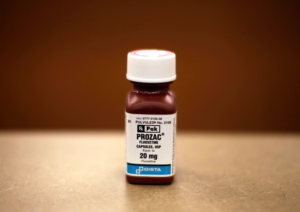From The New York Times: “A modeling study published in BMJ Open in 2014 showed that if a publication bias caused positive findings to be published at four times the rate of negative ones for a particular treatment, 90 percent of large meta-analyses would later conclude that the treatment worked when it actually didn’t.
This doesn’t mean we should discount all results from medical trials. It means that we need, more than ever, to reproduce research to make sure it’s robust. Dispassionate third parties who attempt to achieve the same results will fail to do so if the reported findings have been massaged in some way.
Further, there are things we can do to fix this problem. We can demand that trial results be published, regardless of findings. To that end, we can encourage journals to publish negative results as doggedly as positive ones. We can ensure that preregistered protocols and outcomes are the ones that are finally reported in the literature. We can hold authors to more rigorous standards when they publish, so that results are accurately and transparently reported. We can celebrate and elevate negative results, in both our arguments and reporting, as we do positive ones. Unfortunately, getting such research published is harder than it should be.
These actions might make for more boring news and more tempered enthusiasm. But they might also lead to more accurate science.”












